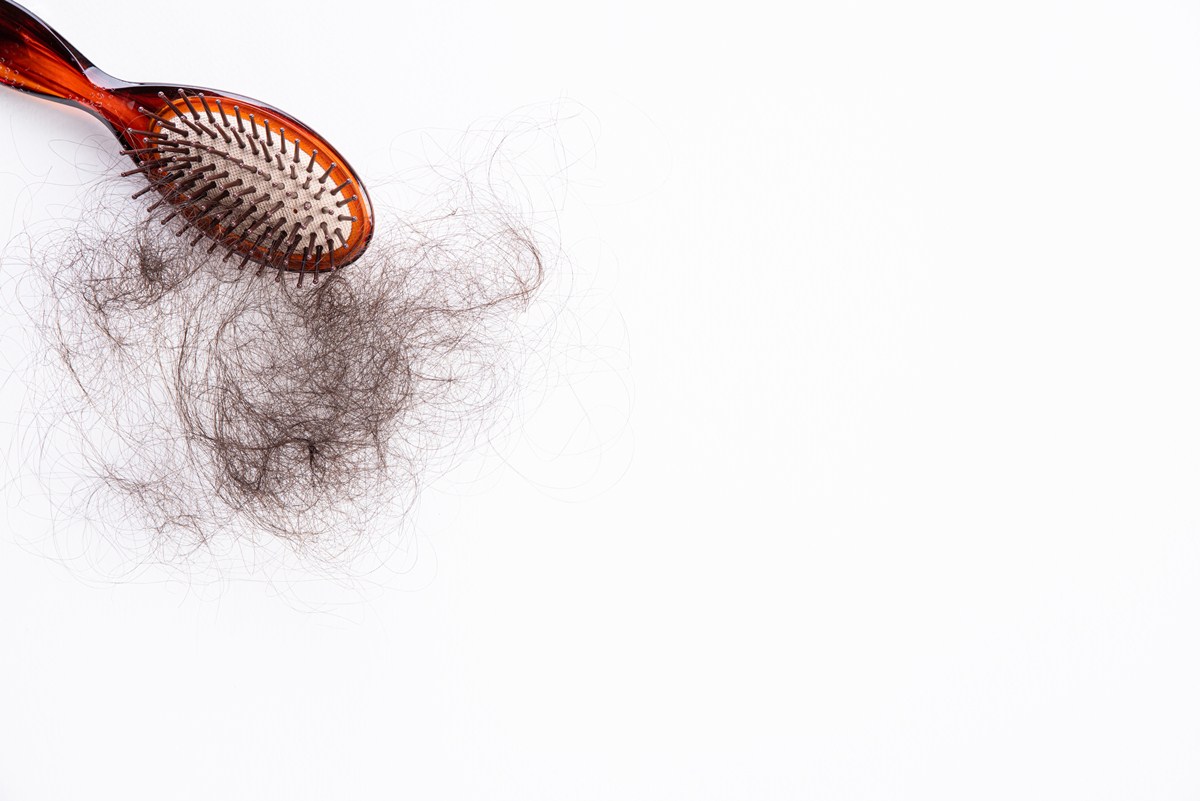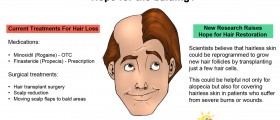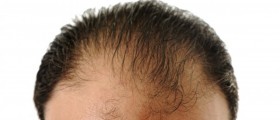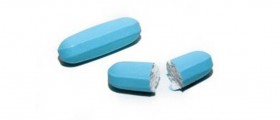Millions of men worldwide suffer from hair loss. There are many products for hair loss treatment that claim to reverse the process of balding but only a few are actually proven to successfully treat hair loss. One of such products is finasteride.
Finasteride Overview
Finasteride is a prescription medication used for treatment of male pattern baldness. Finasteride is the first prescription hair loss medication approved by the FDA that is proven to help to regrow hair.
Finasteride is marketed under the trademark name Propecia. This medicine was initially approved by the FDA to treat benign prostatic hyperplasia or enlarged prostate. For this use, finasteride is sold under brand name Proscar.

Finasteride is a synthetic androgen that acts by inhibiting certain enzymes which break down testosterone into dihydrotestosterone (DHT), which is responsible for the prostate gland enlargement. Some men have inherited sensitivity to DHT that causes them to suffer from male pattern baldness as the hormone disrupts growth of hair because it causes the hair follicle to shrink and die.
To obtain finasteride, a man must get a prescription from a doctor. Before prescribing fenisteride, the doctor has to make sure that this treatment is right for the patient’s type of hair loss and to check whether the patient is using drugs that may interact with finasteride.
Finasteride can be used by adult men with male pattern baldness (androgenic alopecia) or certain other types of hair loss. Children and women of reproductive age should not use this medication as it may lead to severe birth defects in male infants of mothers who have been exposed to finasteride.
Side Effects of Finasteride
Finasteride is associated with many side effects, some of which are very serious. The medication may cause nausea, diarrhea, headache and abdominal pain. Sexual side effects are also common. They include impotence (1.1% to 18.5%), abnormal ejaculation (7.2%), decreased ejaculatory volume (0.9% to 2.8%), abnormal sexual function (2.5%), breast enlargement or gynecomastia (2.2%), erectile dysfunction (1.3%), ejaculation disorder (1.2%) and pain in the testicles. Depression is also a potential side effect of this medication.
In many users, decreased sexual desire persists even after finasteride is discontinued.
According to the Medicines and Healthcare products Regulatory Agency in the UK, the drug also carries a potential risk of male breast cancer.
In pregnant women, finasteride can cause severe birth defects in a fetus. Since finasteride can be absorbed through the skin, women who are pregnant or those planning to get pregnant should not get in contact with crushed and broken finasteride tablets. Breastfeeding women also should not take finasteride although it is not proven that the drug may pass into breast milk.

















Your thoughts on this
Loading...